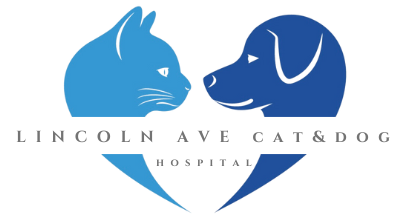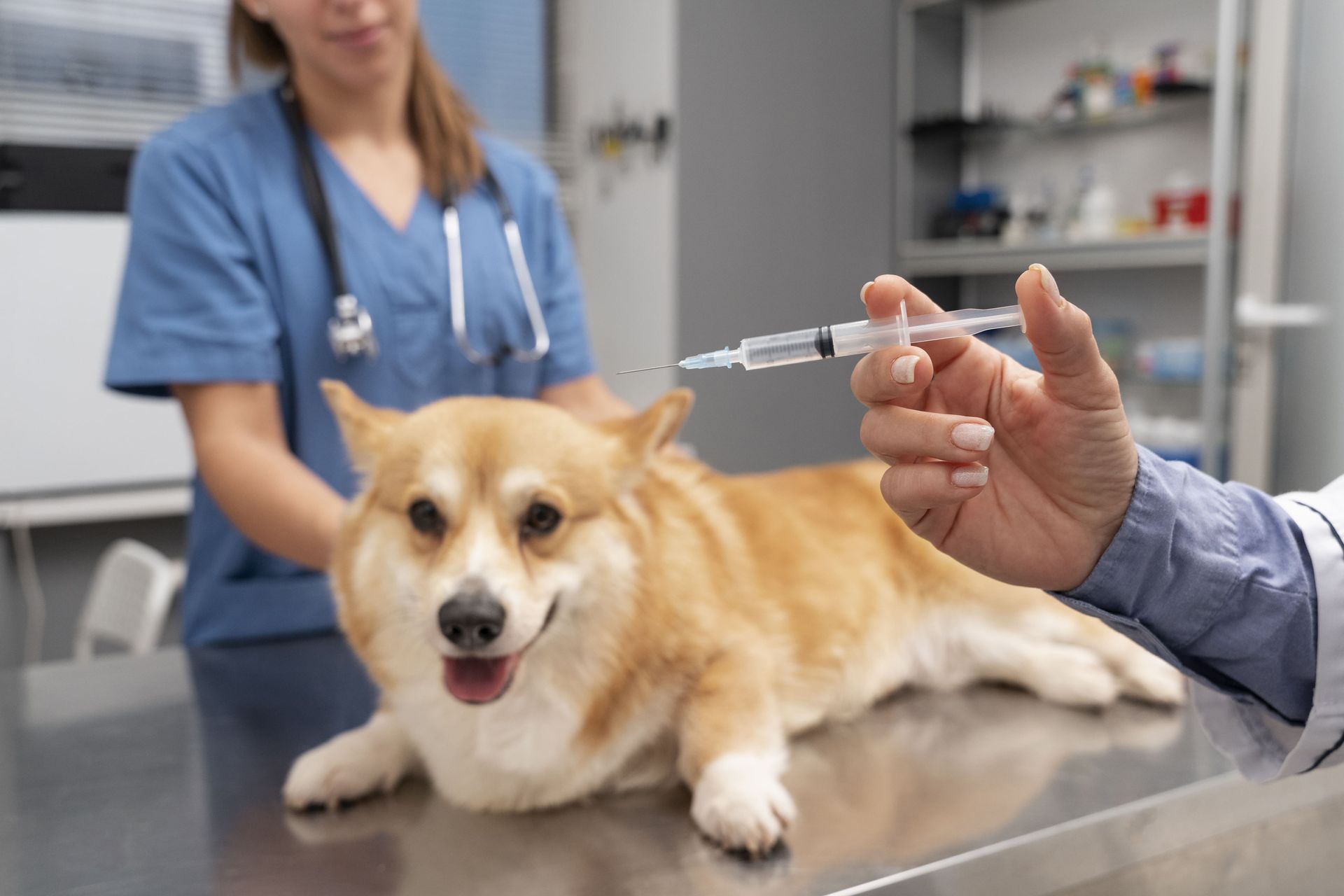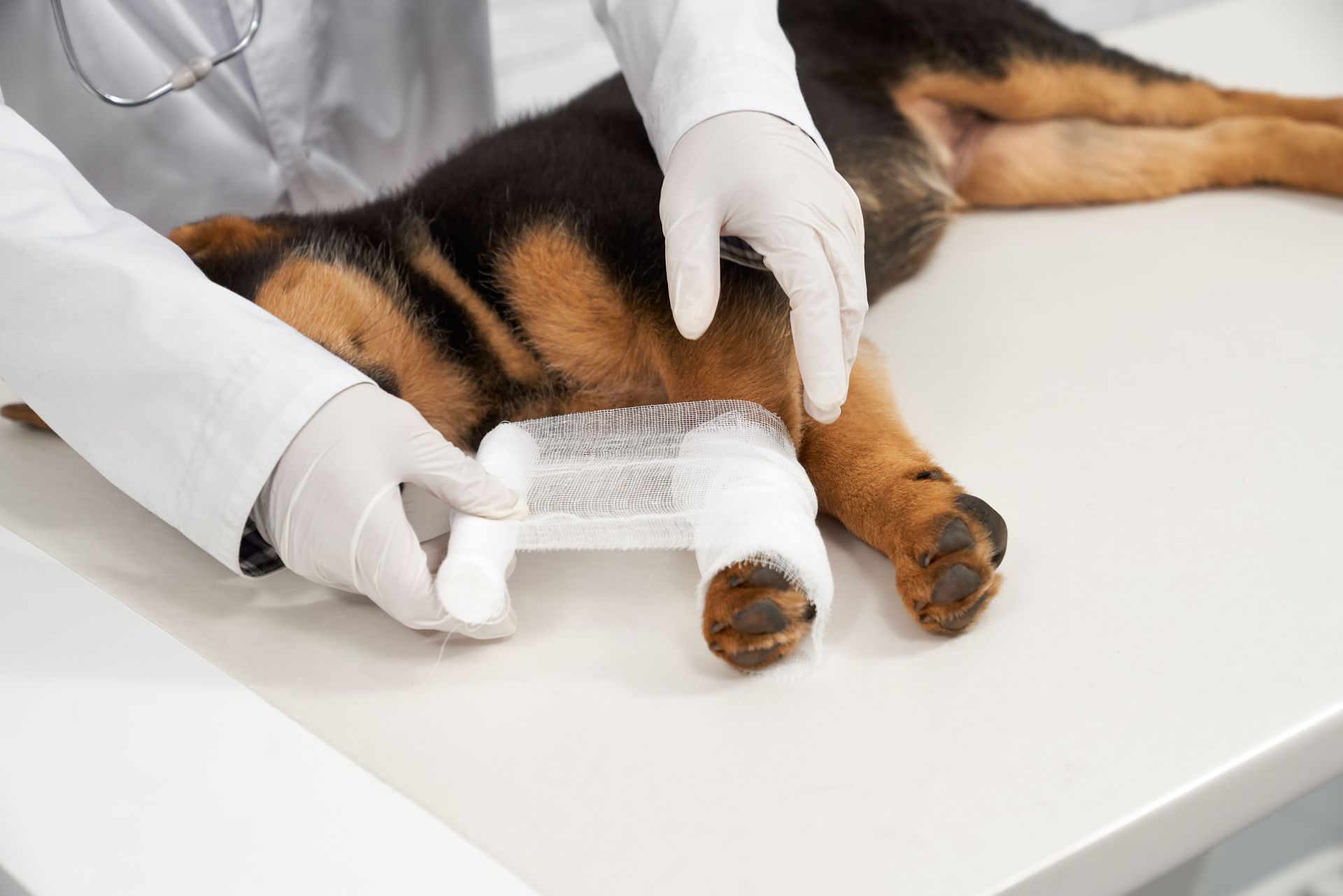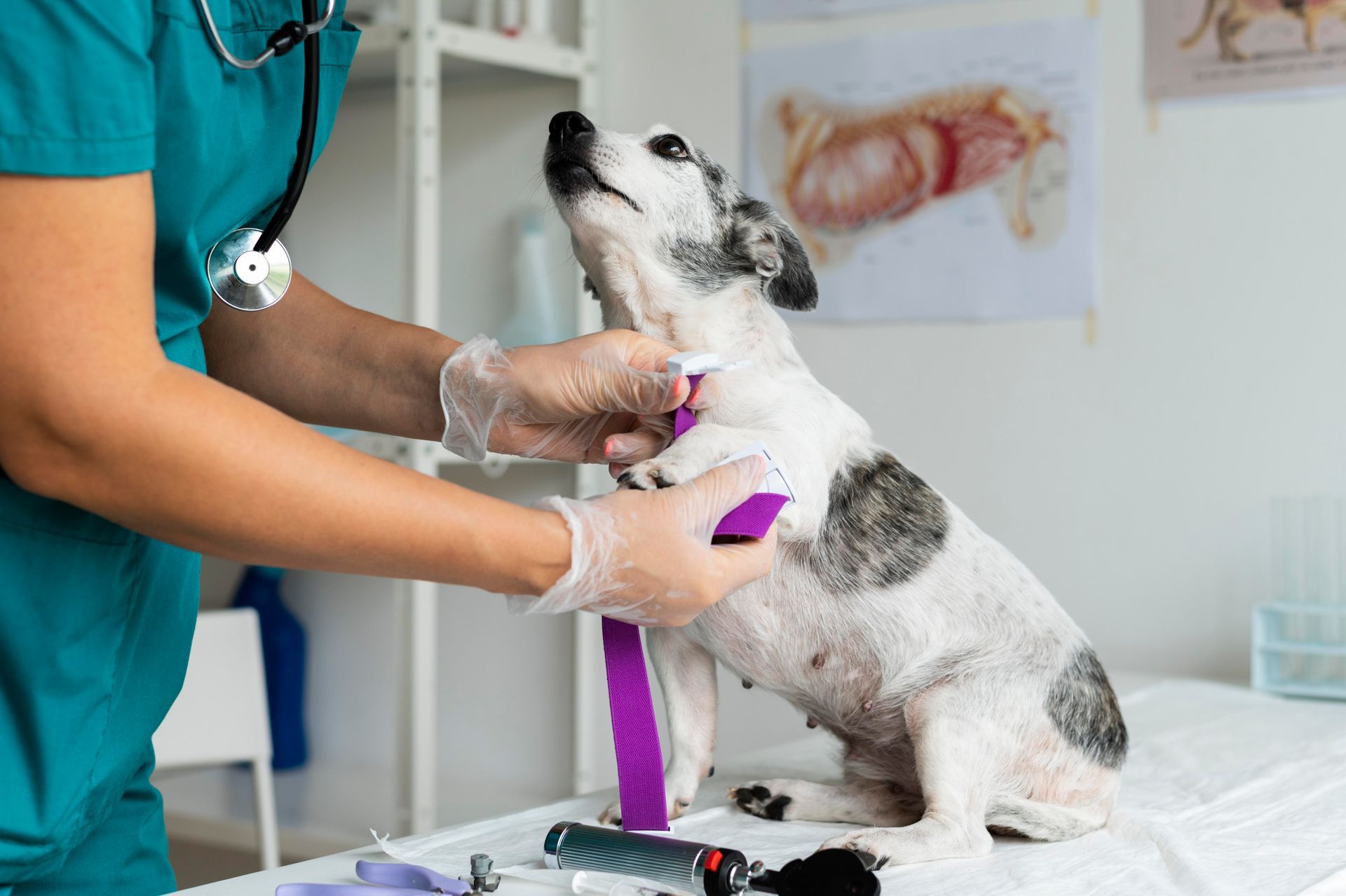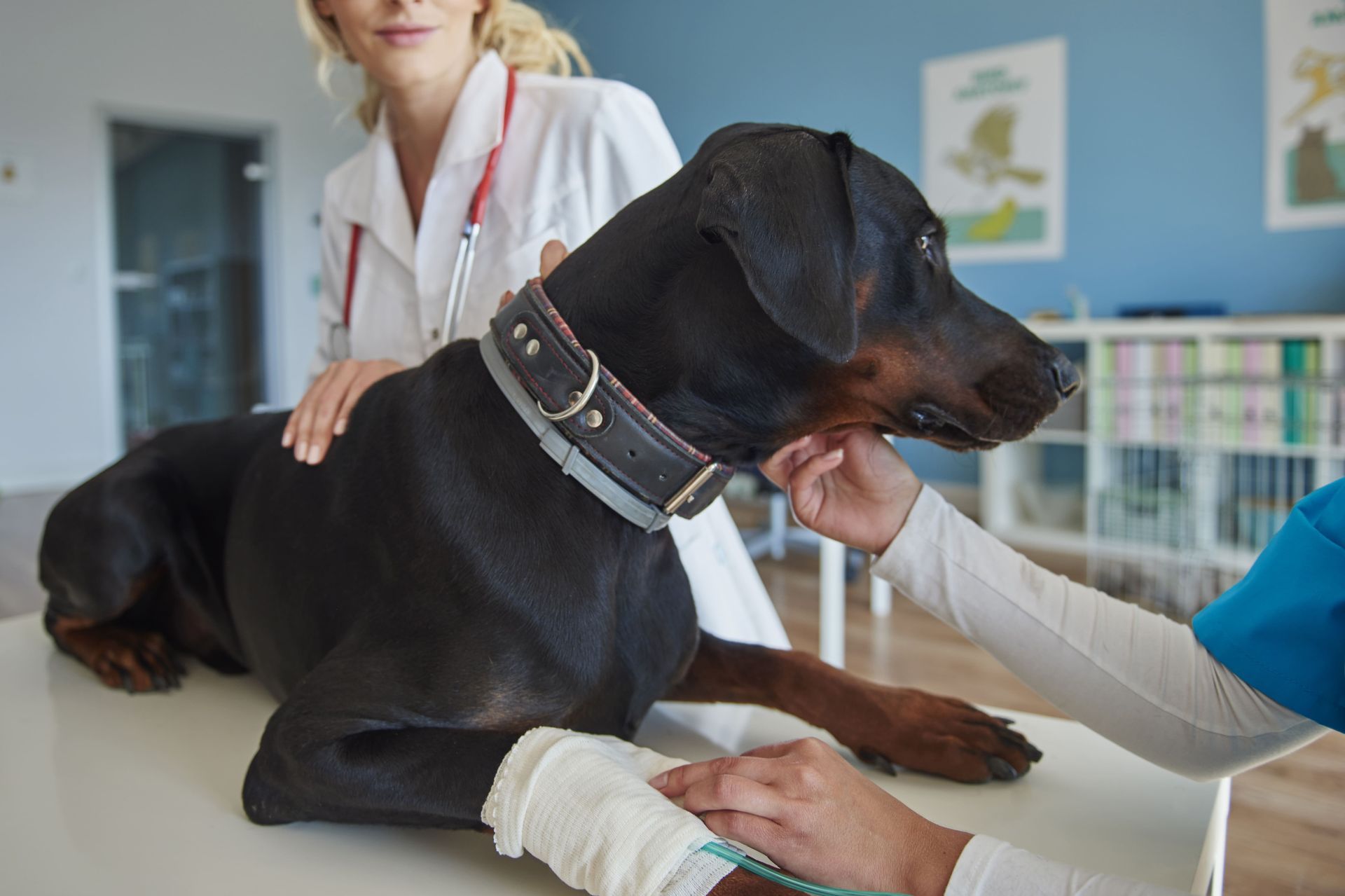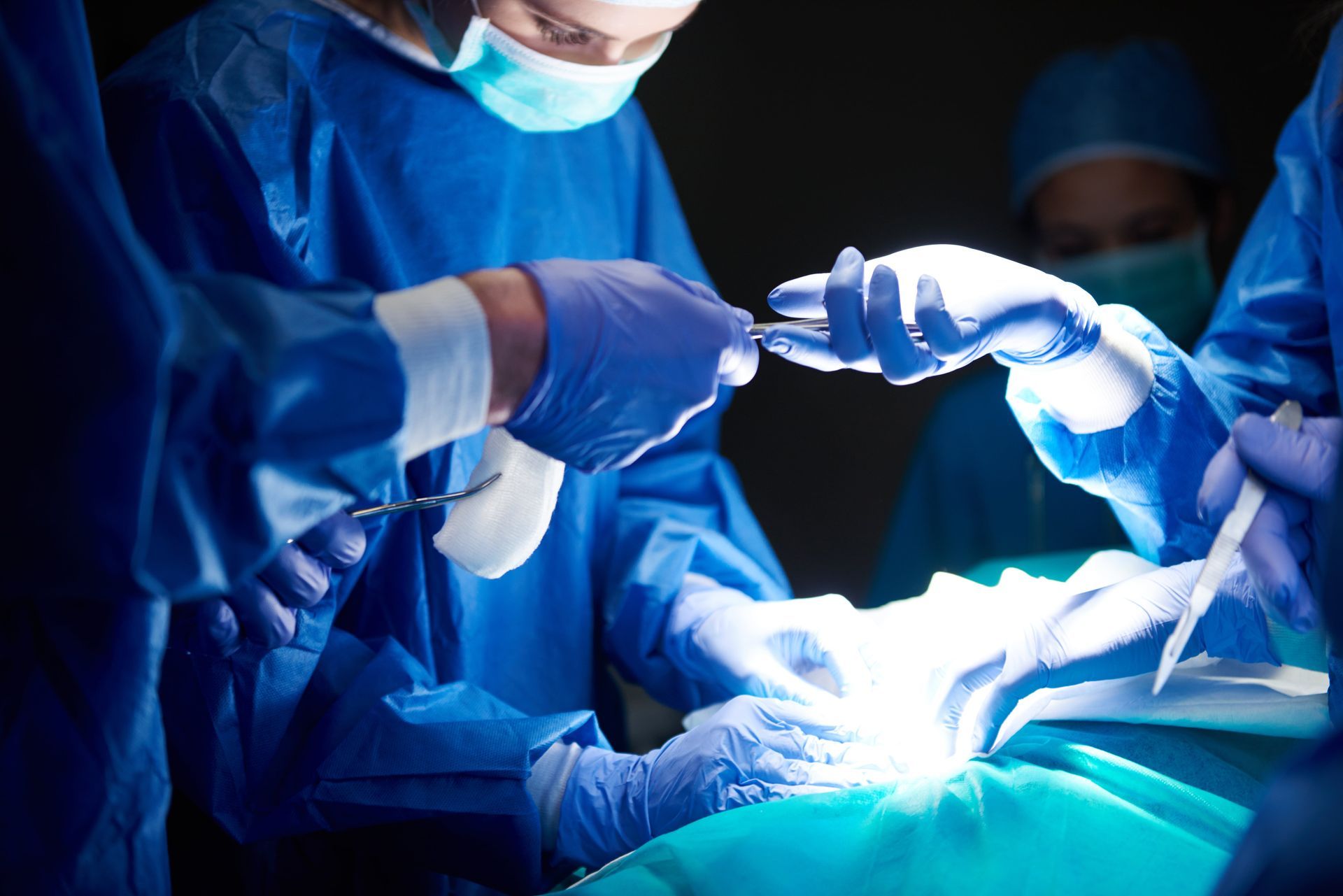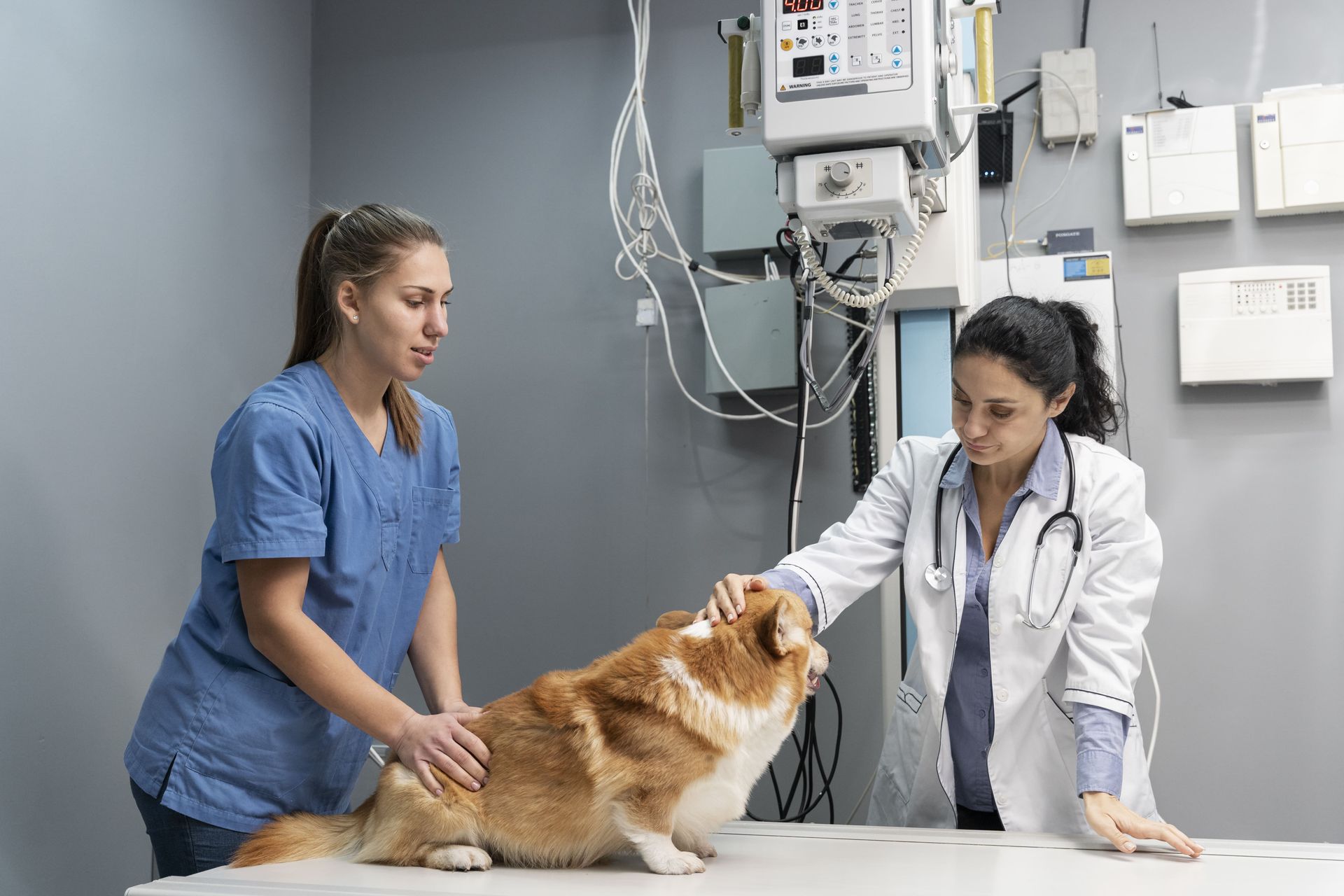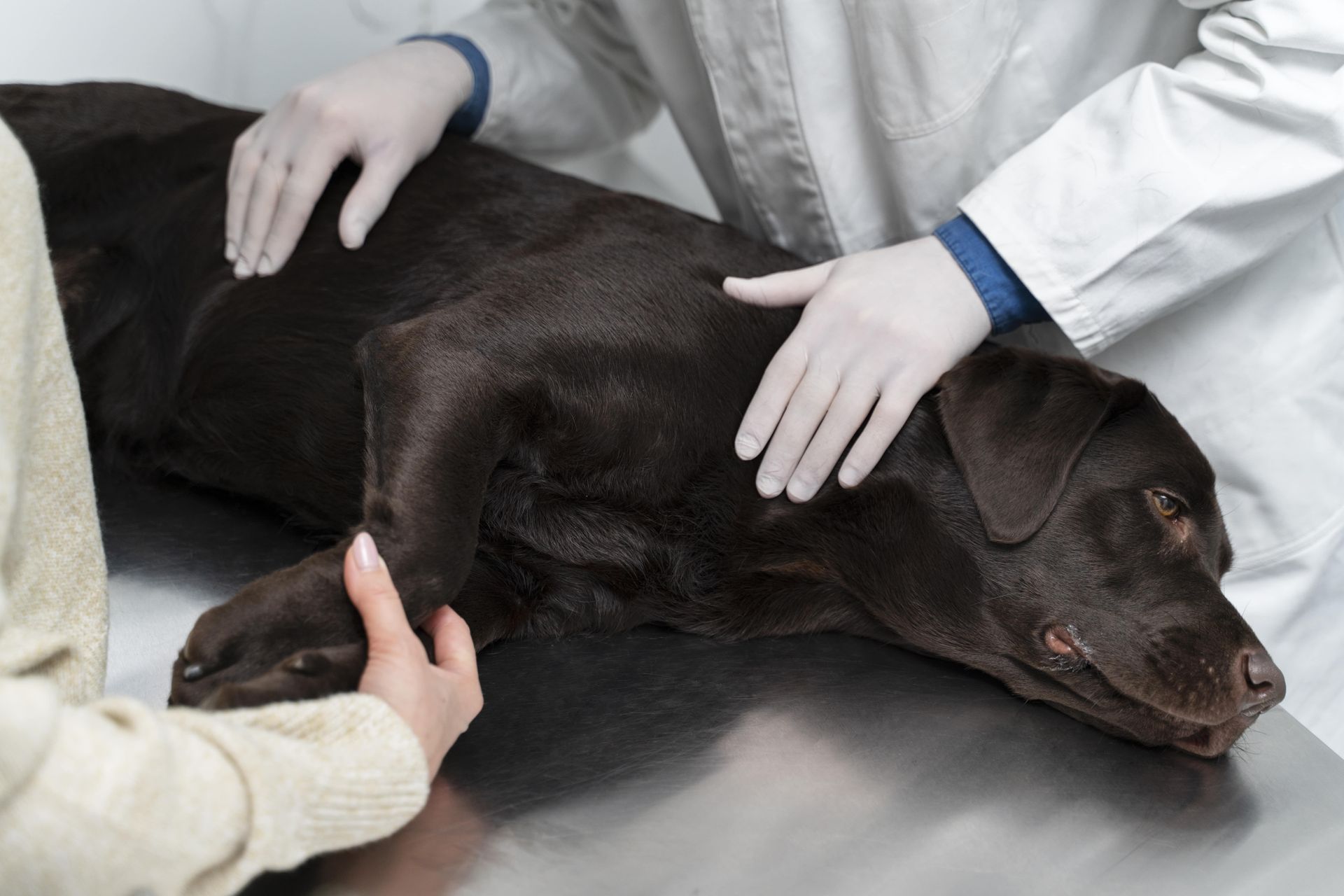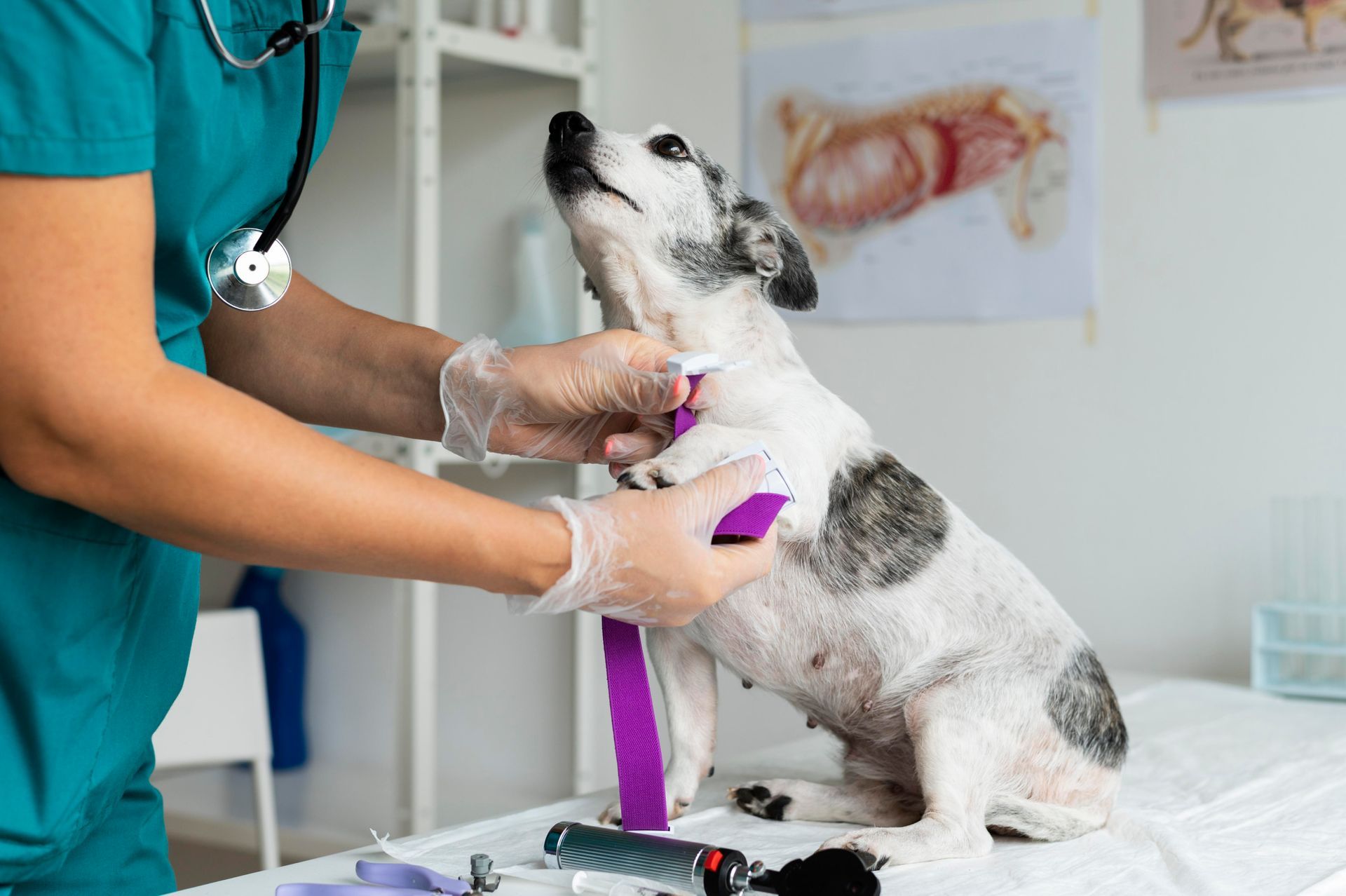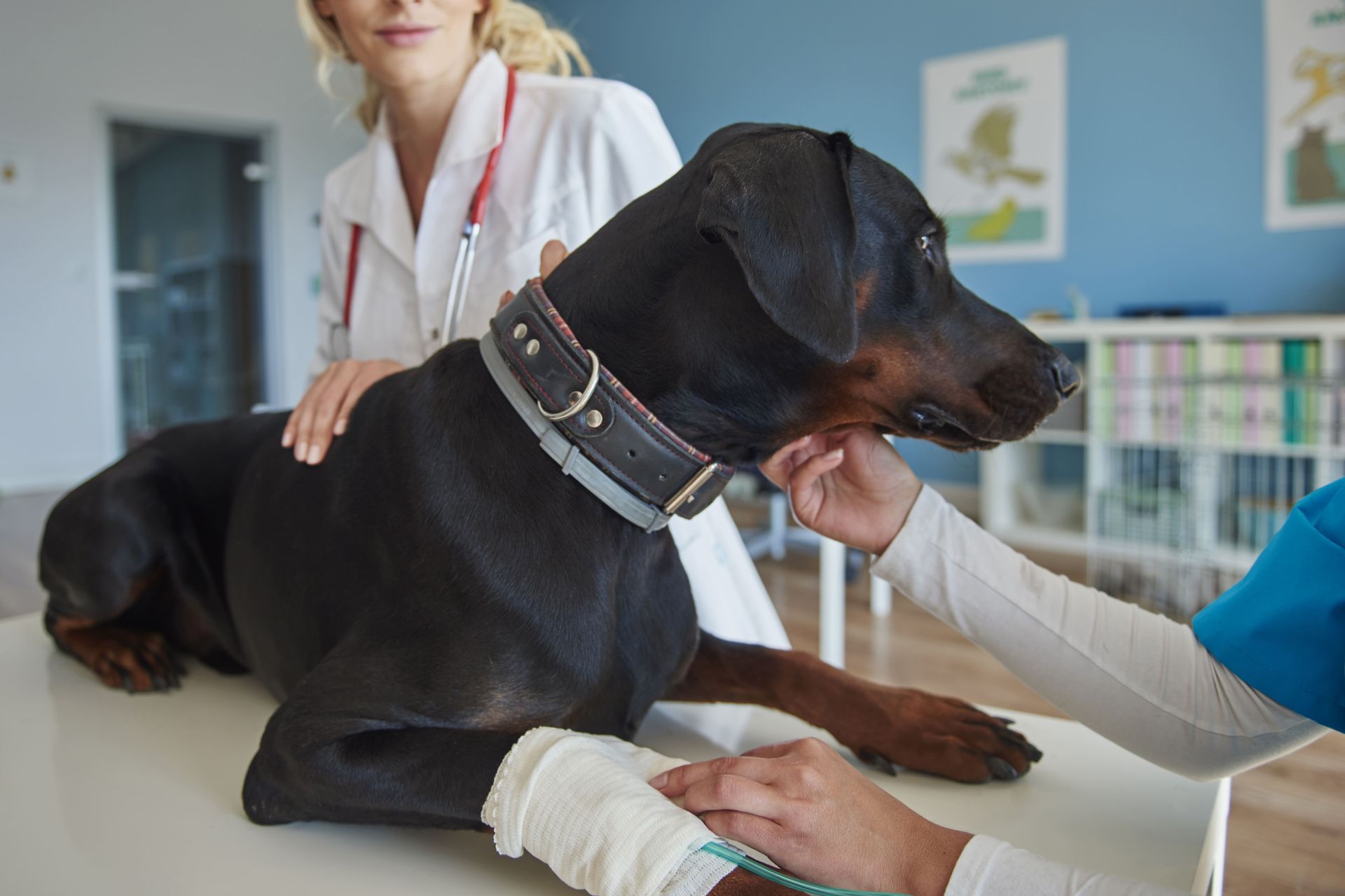How Often Should I Schedule Veterinary Dental Services for My Cat or Dog?
Proper dental care is a vital part of keeping your cat or dog healthy and happy. Just like humans, pets need regular check-ups to maintain good oral hygiene and prevent serious health issues. Undetected dental problems can lead to painful infections, tooth loss, and even impact vital organs like the heart, liver, and kidneys. That’s why scheduling veterinary dental services is more than just freshening your pet’s breath — it’s an investment in their long-term well-being. Many pet owners wonder how often they should plan these visits. The answer depends on several factors, including your pet’s age, breed, and overall health. In this guide, we’ll explain why dental care matters, general guidelines for routine check-ups, and what signs to watch for between visits. With regular veterinary dental services, you can catch problems early, avoid costly treatments later, and ensure your furry friend lives their healthiest life possible.
Understand the Importance of Veterinary Dental Care
Dental health is crucial as it can affect your pet's overall health. Undetected dental issues can lead to serious health problems, including heart, liver, and kidney diseases. Regular veterinary dental services help in the early detection and prevention of such issues.
Good dental hygiene not only prevents bad breath and discomfort for your pet but also significantly reduces medical expenses in the long run. Consider regular veterinary dental services as an investment in your pet's health that can prevent costly treatments for severe conditions later on.
The accumulation of plaque and tartar can cause periodontal disease, which is the most common dental condition in dogs and cats over three years old. Early intervention tremendously reduces the risks associated with gum disease, making it essential to schedule these veterinary dental services proactively.
Determine the General Guidelines for Dental Check-ups
It's generally recommended to have your pet's teeth checked by a veterinarian at least once a year. This allows the vet to catch any potential issues early and provide necessary treatment or preventive care.
For many pets, a yearly visit for veterinary dental services aligns with their annual health check-up, making it convenient for pet owners to bundle these appointments together. This way, a comprehensive health assessment, including veterinary dental services, ensures that all facets of your pet's well-being are addressed.
Remember, a bright smile means a healthy pet, and routine veterinary dental services make that possible.
Consider Factors that Affect Dental Service Frequency
Several factors influence how often your pet may need veterinary dental services, including age, breed, and current dental health. For example, small dog breeds and senior pets may require more frequent dental visits due to higher susceptibility to dental issues.
Cats and dogs with pre-existing health conditions or those on specific diets may also need veterinary dental services more frequently. Discussing these aspects with your vet can ensure your pet receives tailored care based on their specific needs.
Your pet’s lifestyle can also play a role; for instance, if they tend to chew on hard or abrasive objects, it could lead to dental wear and increased service needs.
Recognize Signs That Immediate Dental Care is Needed
Be observant of symptoms such as bad breath, difficulty eating, or visible plaque. These are indicators that your pet might need immediate veterinary dental services, regardless of their regular schedule.
Behavioural changes like reluctance to play with toys or pawing at the mouth can signal discomfort and should not be overlooked. Quick action in these instances ensures that potential dental issues are addressed swiftly with prompt veterinary dental services.
Consult with Your Veterinarian for a Personalized Plan
Your veterinarian can provide the best advice tailored to your pet's unique needs. They can recommend an appropriate veterinary dental services schedule and discuss at-home dental care options to complement professional services.
Inquire about specific dental products that may benefit your pet, such as special dental diets or oral care chews. Combining veterinary dental services with at-home practices often yields the best results for maintaining oral health.
For more detailed advice on caring for your pet's teeth, explore our resources to find helpful tips and recommendations from our experienced veterinarians.
Ensuring Optimal Dental Health for Your Pet
Regular veterinary dental services play a significant role in your pet's health and longevity. By taking preventative measures and tailoring dental care based on your pet's individual needs, you can ensure their comfort and well-being.
Your furry companion deserves a happy, healthy life — and a clean, pain-free mouth is a big part of that. Work closely with your trusted vet to stay ahead of any dental concerns, and don’t hesitate to book veterinary dental services whenever you suspect your pet may need them.
Conclusion
Investing in regular veterinary dental services is one of the kindest things you can do for your cat or dog. A proactive approach today helps prevent painful conditions tomorrow, ensuring your pet stays healthy, happy, and ready to share their bright smiles for years to come. Partner with your veterinarian to develop a custom dental plan and make professional dental care a priority for your beloved companion.
